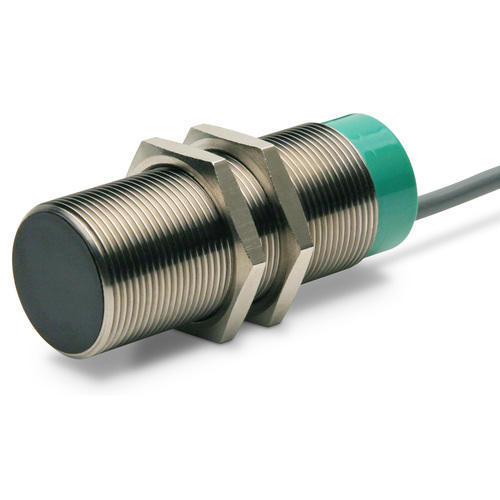
UK physicist envisage the detection of extraterrestrial lives on Europa in 2017
Alien life has always been a great source of mystery for the earth-based scientists and the attempts to get solid proofs about the existence of extraterrestrial lives are multiple. But unfortunately, all of them are ended up with great failures. However, now a senior scientist from the United Kingdom has predicted to discover the existence of alien life on other earth-like habitable planets in 2017.
As the clock struck on a new year, some fresh air has been added to the long search projects of the scientists for the celestial lives on other planets than earth. A young physicist Simon Foster from the Imperial college of London has predicted about the discovery of the alien life on other earth-like planets like Europa in 2017. The young scientists from the United Kingdom have suggested about the higher possibilities of the earth-like habitable planets like Enceladus and Europa to host some crucial forms of life on their surface. However, the scientists are expecting the alien lives on Europa to exist in microbial form and need some more specific lights.
The UK-based physicist also has suggested that, tracing the terrestrial lives on big planets like Mars or Jupiter might not be possible, but some forms of life are assured to be discovered from Enceladus – the moon of Saturn, or Europa, the moon of Jupiter. As said by the Professor Simon Foster, as the Cassini spacecraft is about to close out its space mission this year, the concluding stage of the operation is expected to turn up with some incredible detection of new terrestrial lives on habitable planets like Enceladus and Europa.
To recall, Cassini is the unmanned spaceship which is orbiting Saturn and is monitoring many of its moons including Enceladus. The spacecraft already has detected the presence of tiny icy fragments and geyser on Enceladus’ surface and hence the existence of subversive Ocean below it is expected. Since 1997, NASA–ESA–ASI robotic spaceship is orbiting the space and currently is moving towards the closing stages. At the concluding stage, the spacecraft is expected to give some promising lead towards the existence of microbiological lives on other planets, said Professor Simon Foster.


